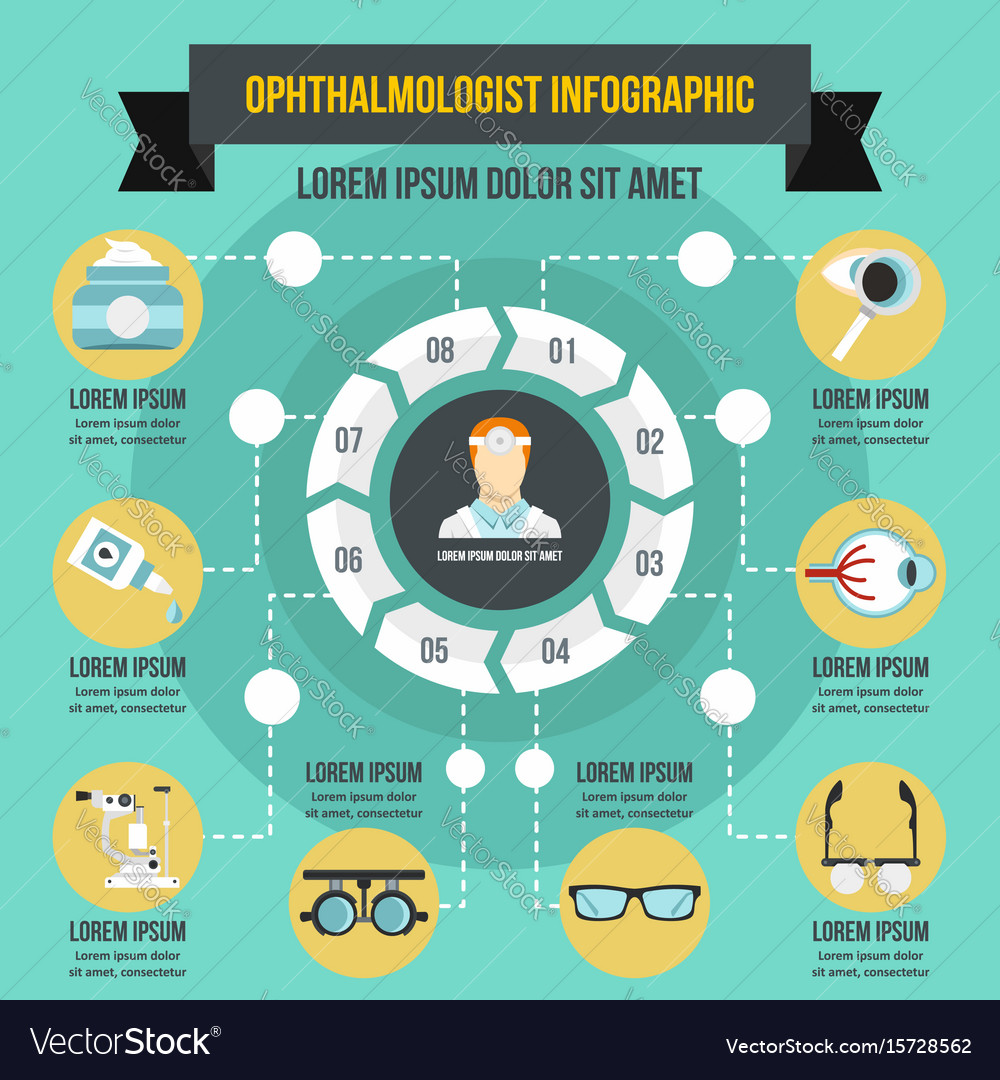Pondering SMILE Surgery? Explore Essential Facets And Understandings That Will Aid You In Getting To A Thoughtful Decision Concerning Your Visual Future
Pondering SMILE Surgery? Explore Essential Facets And Understandings That Will Aid You In Getting To A Thoughtful Decision Concerning Your Visual Future
Blog Article
Write-Up By-Mullen Moss
If you're considering SMILE eye surgery, ponder this: are you prepared to welcome potential aesthetic liberty, or does the thought of any type of threats make you hesitate? Your decision will rest on a careful balance of considering the advantages against the unpredictabilities. It's essential to dig deeper into the subtleties of SMILE surgical treatment to make an educated choice that straightens with your aesthetic goals.
Understanding SMILE Eye Surgery
When considering SMILE Eye Surgical treatment, it is necessary to understand the treatment and its advantages. SMILE, which stands for Tiny Cut Lenticule Extraction, is a minimally invasive laser eye surgery that deals with usual vision problems like myopia (nearsightedness).
During the procedure, your eye doctor will utilize a femtosecond laser to develop a tiny incision in your cornea. Through this incision, a tiny disc of cells called a lenticule is eliminated, reshaping the cornea and correcting your vision.
Among the vital advantages of SMILE Eye Surgery is its quick recovery time. Several people experience enhanced vision within a day or 2 after the procedure, with very little pain.
In addition, SMILE is recognized for its high success rate in supplying long-term vision adjustment. Unlike LASIK, SMILE does not require the production of a flap in the cornea, reducing the threat of problems and enabling an extra stable corneal structure post-surgery.
Comprehending the treatment and its advantages is critical when considering SMILE Eye Surgical treatment for vision improvement.
Benefits and drawbacks of SMILE
Considering SMILE Eye Surgical treatment for vision improvement includes numerous benefits and potential downsides.
Among the main pros of SMILE is its minimally intrusive nature, as it involves a tiny laceration and typically leads to fast healing times. The treatment is likewise recognized for causing minimal discomfort and completely dry eye signs and symptoms post-surgery compared to other vision adjustment approaches. Furthermore, SMILE has actually been revealed to supply outstanding aesthetic results, with many clients attaining 20/20 vision or far better.
On the other hand, a potential con of SMILE is that it may not be suitable for people with serious refractive mistakes, as the treatment range is somewhat limited compared to LASIK. An additional factor to consider is that the learning curve for doctors executing SMILE can affect the accessibility of skilled suppliers in particular areas.
It's important to evaluate these benefits and drawbacks meticulously when determining if SMILE is the appropriate choice for your vision improvement needs.
Figuring Out Qualification for SMILE
To determine if you're qualified for SMILE eye surgical treatment, your optometrist will certainly conduct a complete evaluation of your eye health and vision needs. Throughout this analysis, elements such as the stability of your vision prescription, the density of your cornea, and the general wellness of your eyes will be assessed.
Normally, candidates for SMILE more than 22 years of ages, have a steady vision prescription for at the very least a year, and have healthy corneas without problems like keratoconus.
Your ophthalmologist will certainly also consider your general eye health, any kind of existing eye conditions, and your lifestyle requires to identify if SMILE is the ideal selection for you. It's necessary to communicate any certain aesthetic needs or problems you may have throughout this assessment to guarantee that the therapy aligns with your assumptions.
If you aren't eligible for SMILE, your optometrist may suggest alternative vision improvement alternatives that much better fit your individual requirements and eye health status.
take a look at the site here , deciding whether SMILE eye surgical procedure is right for you needs careful consideration of your individual eye health and visual requirements. you can try this out from your optometrist to identify your eligibility for the procedure and weigh the possible advantages and disadvantages. Keep in mind to interact any type of issues or concerns you might have throughout the evaluation procedure to make an educated decision about your vision modification alternatives.
